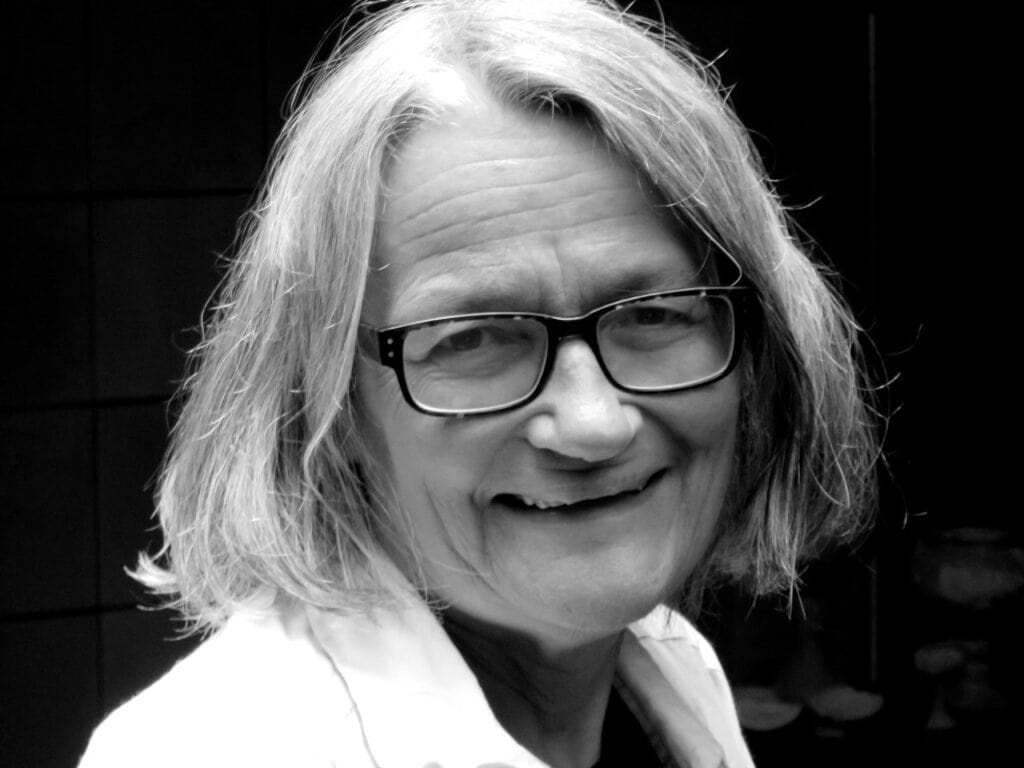
- This event has passed.
Imagining AI: computing stories in a museum context
29th May 2024 4:00 PM – 5:30 PM BST
Oxford’s Bodleian Library is one of the oldest libraries in Europe, and the second largest in the UK, holding over 13 million printed items alongside archives of figures such Byron, Shelley and Tolkien. In recent years it has sought to work with mathematicians and scientists, as well as its more traditional humanities partners, to create compelling displays, based on Oxford’s collections, that educate and inspire.
Historians of mathematics and science are key to this process, providing accurate contemporary scholarship and linking specialist items to their broader context. At the same time, designing such displays involves imagination and creativity in bringing items to new audiences through the power of the object alone, often supported only by a brief 20 word caption. We contrast two recent such displays, looking at the principles of selection, the lessons learned, and the techniques used to evaluate them.
In 2015 a small display celebrated the bicentenary of Ada Lovelace, bringing to the fore her mathematical ability through a focus on archival materials that had not previously been studied by historians of mathematics. The display then transferred to the worlds largest Computer Museum, in Mountain View California. Oxford’s Lovelace work was submitted as an “Impact Case Study” for the UK’s 2022 Research Evaluation Framework.
In 2022 a display entitled “Imagining AI” used a variety of materials in the collections to illustrate early work on data (numerical, logical and text), algorithms and computation that underpins modern AI. By focussing on simple examples, with calculations small enough to be done by hand, we drew attention to issues and challenges for AI that pre-date modern computation and shed new light on questions such as AI ethics. Exhibits included Florence Nightingale’s rose diagram, as an early example of data visualisation; Jevon’s reasoning piano, that reduced reasoning a concrete process involving wood and wire; and Christopher Strachey’s early computer poetry. We conclude with a broader look at the context of mathematics in museums, and the opportunities such work offers for collaborative research and broader impact.
Speaker Biography

Ursula Martin CBE FREng FRSE is a computer scientist and mathematician, whose work recently broadened from the highly technical to collaborate with humanities and social science scholars on the culture and context of mathematics. Now retired, she formerly held professorial roles at Edinburgh and Oxford, funded 2014-2023 by an EPSRC Fellowship.





